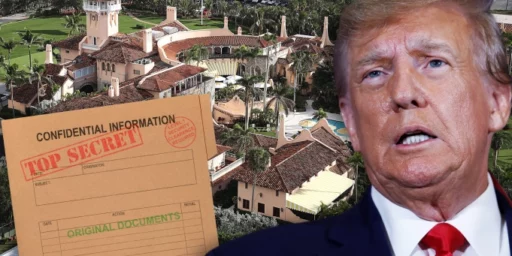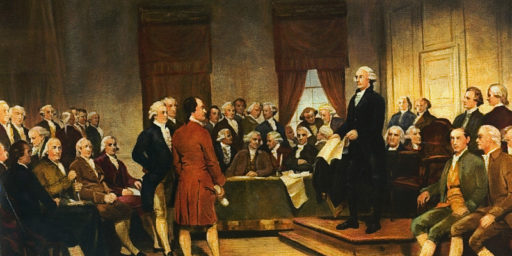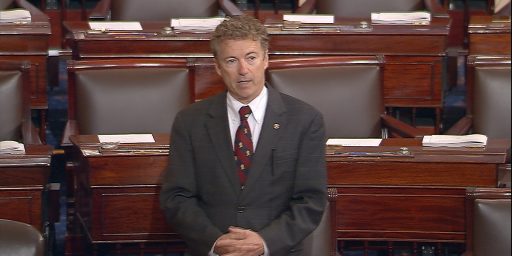Congress Pushing Beefed Up Patriot Act
Some Members of Congress are pushing for a revised form of the controversial Patriot Act that goes far beyond the current version.
GOP Aides Say New Patriot Act Obliges Bush (AP)
The chairman of the Senate Intelligence Committee is working on a bill that would renew the Patriot Act and expand government powers in the name of fighting terrorism, letting the FBI subpoena records without permission from a judge or grand jury.
Much of the debate in Congress has concerned possibly limiting some of the powers in the anti-terrorism law passed 45 days after the attacks of Sept. 11, 2001. But the measure being written by Sen. Pat Roberts, R-Kan., would give the FBI new power to issue administrative subpoenas, which are not reviewed by a judge or grand jury, for quickly obtaining records, electronic data or other evidence in terrorism investigations, according to aides for the GOP majority on the committee who briefed reporters Wednesday. Recipients could challenge the subpoenas in court and the Bush administration would have to report to Congress twice a year exactly how it was using this investigatory power, the aides said.
The administration has sought this power for two years, but so far been rebuffed by lawmakers. It is far from certain that Congress will give the administration everything it wants this year.
Roberts’ planned bill also would make it easier for prosecutors to use special court-approved warrants for secret wiretaps and searches of suspected terrorists and spies in criminal cases, the committee aides said.
While much of what people criticize about the Patriot Act isn’t actually in the Patriot Act, these proposals are quite troubling. Indeed, allowing federal agencies to conduct these sort of searches without a warrant violates both the letter and the spirit of the Bill of Rights. The requirement to get a judge to approve a wiretap in advance is not particularly onerous. The same is true for getting judicial authorization to obtain records. The Framers instituted a system of checks and balances for a reason.
My strong suspicion, however, is that the final version will be substantially watered down. There is enough resistance to this sort of thing on both sides of the aisle.
Roberts’ planned bill also would make it easier for prosecutors to use special court-approved warrants for secret wiretaps and searches of suspected terrorists and spies in criminal cases, the committee aides said. Eight expiring sections of the law that deal with foreign intelligence investigations would become permanent, they said. So, too, would a provision that authorizes wiretapping of suspected terrorists who operate without clear ties to a particular terrorist network.
These provisions, while somewhat controversial, will most likely pass. They’re mostly common sense exceptions to previous rules that merely enable agencies to do things that they were already able to do in different contexts.






I don’t believe it. I don’t believe it. This post has been up for twelve hours and not one of the seemingly resident moonbats has commented.